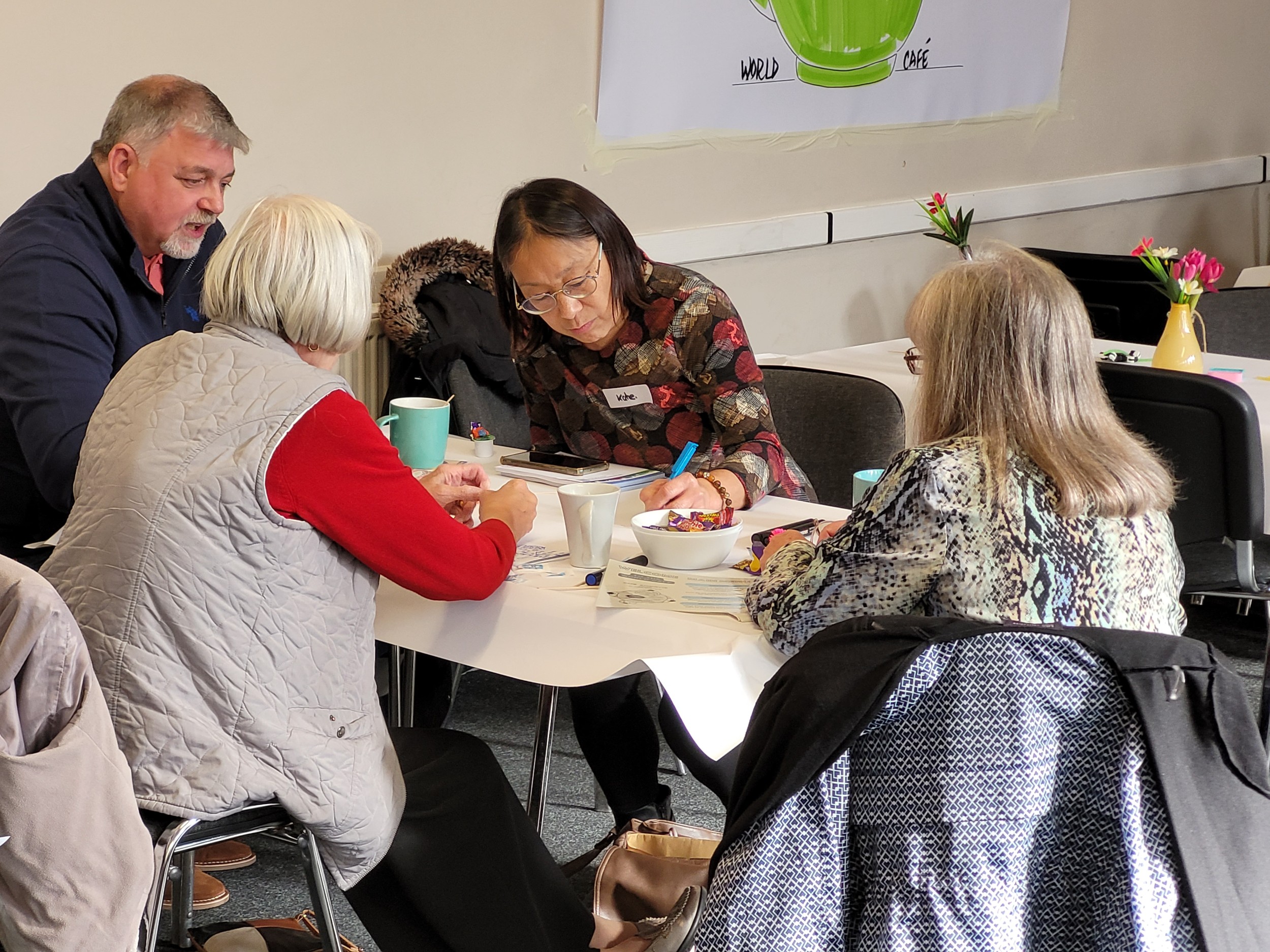Pharmacy technicians plays a valuable role in general practice, particularly in supporting clinical pharmacists.
There are many benefits to appointing a pharmacy technician to your team as they can support with a range of tasks including improved repeat medication workflow, medicines optimisation, prescribing savings and medication safety. A pharmacy technician can support practices in the following areas:
- Ensuring accurate records of medication following discharge from hospital and liaising with patients to help their understanding of any changes
- Releasing pharmacist and GP time by resolving medication queries with patients
- Acting as a point of contact with community pharmacies where usual medications are out of stock
- Looking for equivalent medication alternatives for patients with difficulty swallowing tablets
- Advising on cost- effective prescribing choices and avoiding medication waste
Pharmacy technicians may also give advice to patients on stopping smoking and provide expertise on different treatment options for patients in a specialist area, such as mental health or general practice.
To practise in Great Britain, pharmacy technicians must be registered with the General Pharmaceutical Council (GPhC) and have satisfied the Council that it meets its detailed requirements.
Registered pharmacy technicians have to keep their skills and knowledge up to date with annual continuing professional development (CPD).
To practice as a pharmacy technician you need to study for an accredited qualification such as:
- BTEC National Diploma in pharmaceutical science
- NVQ/SVQ level 3 in pharmacy services
- National Certificate in pharmaceutical science
To apply for a course, you need to be working in a pharmacy setting. All employers will ask for at least 4 GCSEs (9-4/A*-C), including English, maths and two science or equivalent qualifications.
Training to become a pharmacy technician usually takes two years. It combines practical work experience with study, either at college or by distance learning. Courses cover:
- human physiology
- disease management
- actions and uses of medicine pharmacy manufacturing
- pharmacy law
Once qualified, many pharmacy technicians join the Association of Pharmacy Technicians (APTUK). The APTUK runs courses, conferences and seminars where pharmacy technicians can exchange ideas and update their skills.
Qualified and experienced pharmacy technicians can go on to study to become a pharmacist.


